Léo Henry is old enough to remember the Chernobyl disaster (narrowly). He writes books (but not only), mainly science fiction (but not only). For this book, he really enjoyed the research and documentation work. He is not quite sure that fiction and reality are opposed concepts.
“We are immortal not because our knowledge will survive but because it will fade and give way to something else. We are the humans of the narratocene: slow, powerless, fragile, connected to each other and to all that proliferates around us. We live to speak and lend voice to the spirits, desires, goats and nostocs that are like us, to machines, to the principles of thermodynamics, to geological movements, to DNA sequences, to centuries, to music and to death. We are voices, air vibrations, signals emitted, degraded, muffled, we are contradicted, completed, refined and intertwined messages.
We are not saying: we should say that, we are saying that.”
| Format en | 6,5 x 8,5 |
|---|---|
| Pages | 112 |
| Illustrations | 28 b&W |
| ISBN | 978-2-914563-94-9 |
| Reliure | paperback |
25 €
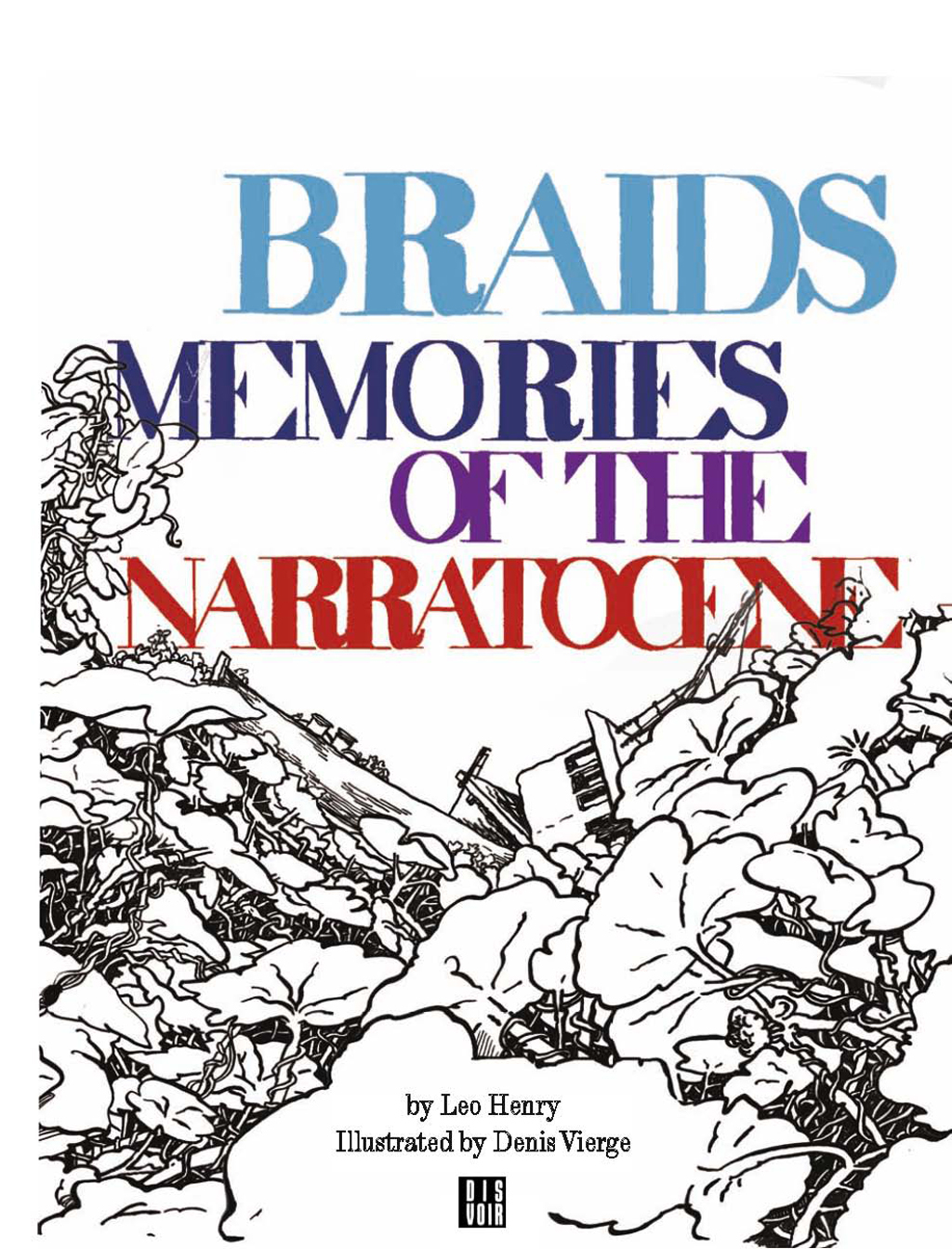
Also to be discovered in the Series Illustrated tales for adults
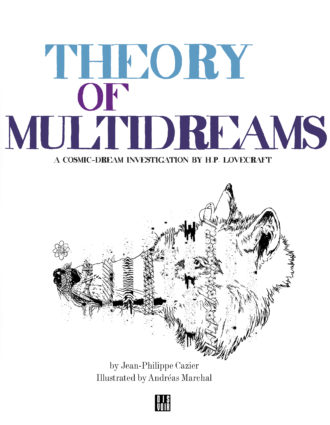
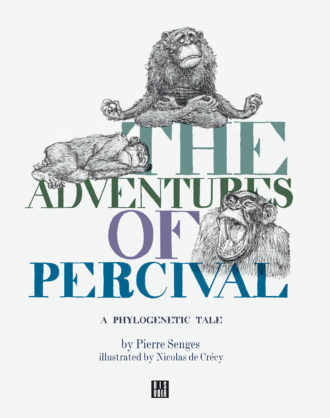
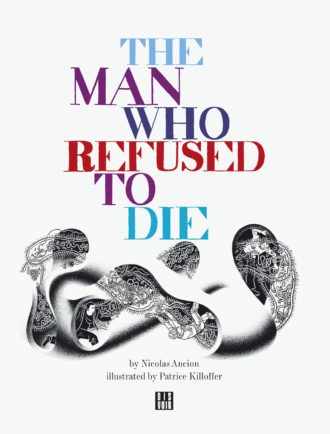
Abonnez vous et recevez notre newsletter
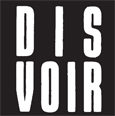
You will receive all the updates about our publishings and events